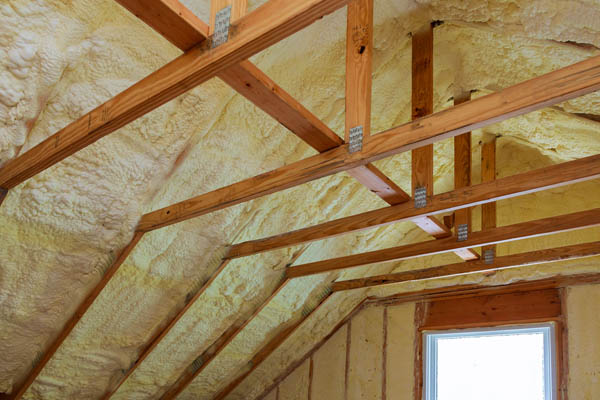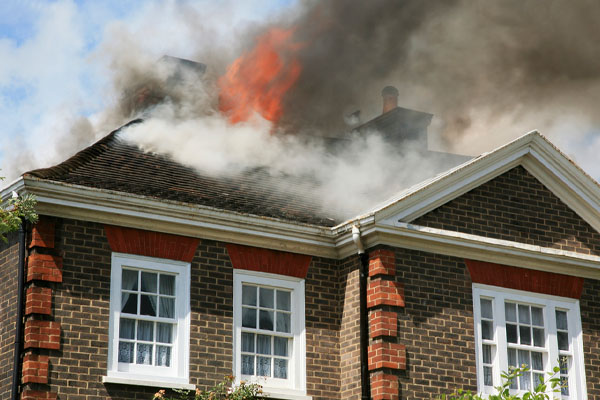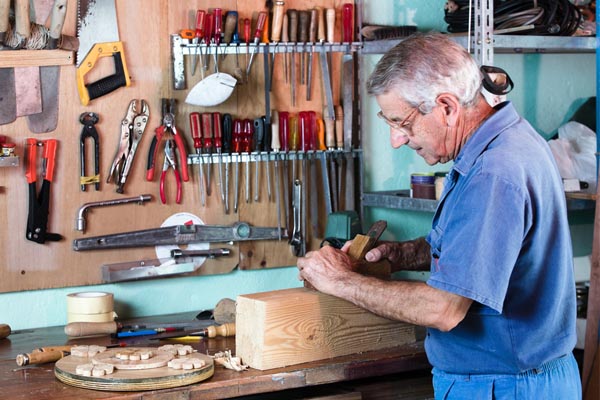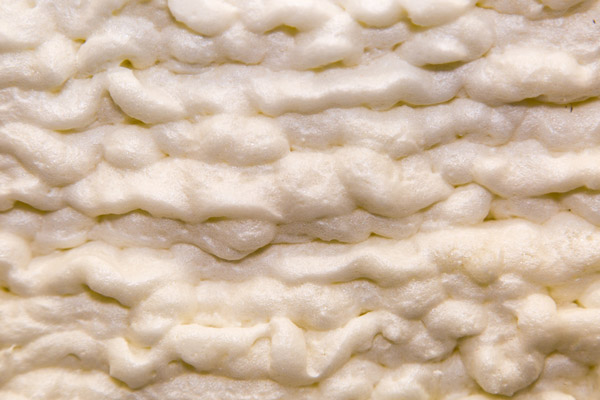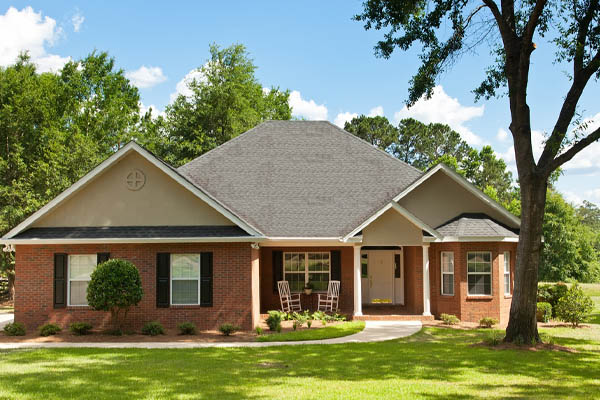Does Spray Foam Insulation Off-Gas In Colorado?
Spray foam insulation is popular for homeowners seeking better energy efficiency, soundproofing, and moisture resistance. However, concerns about off-gassing have sparked debates about its safety. How long does off-gassing last? Can it affect indoor air quality? Understanding the facts behind these claims can help you make informed decisions about insulation for your home.
Read More7 Reasons Why Proper Attic Insulation Is Key Before Fall Time In Colorado
Your home’s insulation plays a crucial role in maintaining comfort and energy efficiency. Poor attic insulation can lead to higher heating costs, uncomfortable drafts, and structural issues. Before fall arrives, it’s essential to assess your attic’s condition and make necessary improvements. Discover why upgrading attic insulation before colder weather sets in is so important.
Read MoreWill Spray Foam Insulation Keep Pests Out Of Your Fort Collins Home?
Scratching noises in the walls? Are unwanted critters invading your home? Pests can damage your home, lower air quality, and more. While many ways exist to keep them out, one insulation choice stands out as a highly effective barrier. Learn how this insulation solution can seal entry points and help keep your home pest-free.
Read MoreIs Spray Foam Insulation Flammable In Fort Collins?
Spray foam insulation is popular for its excellent thermal resistance and airtight seal, improving energy efficiency and indoor air quality. However, homeowners often wonder: is spray foam insulation flammable? While no insulation is completely fireproof, understanding spray foam’s fire rating and more can help ensure safety. Let’s explore the facts behind its flammability risks.
Read MoreWhy Should I Insulate My Fort Collins Garage?
Is your garage too hot in the summer or freezing in the winter? Many homeowners overlook the importance of proper insulation in this space. Insulating your garage can help regulate temperatures and even protect your belongings from moisture damage. But is it worth it? Find out the key benefits and what you should consider.
Read MoreThe Problems With Using A Spray Foam Insulation Kit In Fort Collins
A spray foam insulation kit might seem like a cost-effective and easy solution, but many homeowners quickly discover that reality doesn’t match expectations. Installation challenges, safety risks, and costly mistakes can turn a simple project into a frustrating ordeal. Understanding the complexities of spray foam application is essential before committing to a DIY approach.
Read MoreWhat Is A Thermal Envelope For Colorado Homes?
Your home should keep you comfortable year-round, but if you’re dealing with drafts, uneven temperatures, or high energy bills, the problem might not be your HVAC system—it could be your thermal envelope. Understanding how your home’s thermal envelope works can help you create a more comfortable and cost-effective home.
Read MoreHow Does A Whole House Fan Cool Your Colorado Home?
Struggling with indoor heat? A whole house fan might be the solution you need! This cooling method enhances air circulation, reduces indoor temperatures, and improves energy efficiency. But how exactly does it work, and what makes it different from other cooling options? Discover the benefits and functionality of this innovative home cooling system.
Read MoreCan You Insulate The Walls Of A Finished Fort Collins Home?
Buying a home only to discover it lacks proper insulation can be frustrating. Older homes often have outdated or missing insulation, leading to temperature fluctuations and higher energy bills. Fortunately, there are effective ways to insulate finished walls without major renovations. Learn how different methods can improve your comfort and more.
Read MoreAdvantages Of A Whole House Fan Installation Before Summer Hits
A whole house fan can transform how you cool your home, offering quick relief from heat. By circulating cooler outdoor air throughout your home, it provides an affordable and eco-friendly alternative to air conditioning. Learn about the unique benefits of this system, including how it complements your home’s ventilation and lowers energy costs.
Read More

